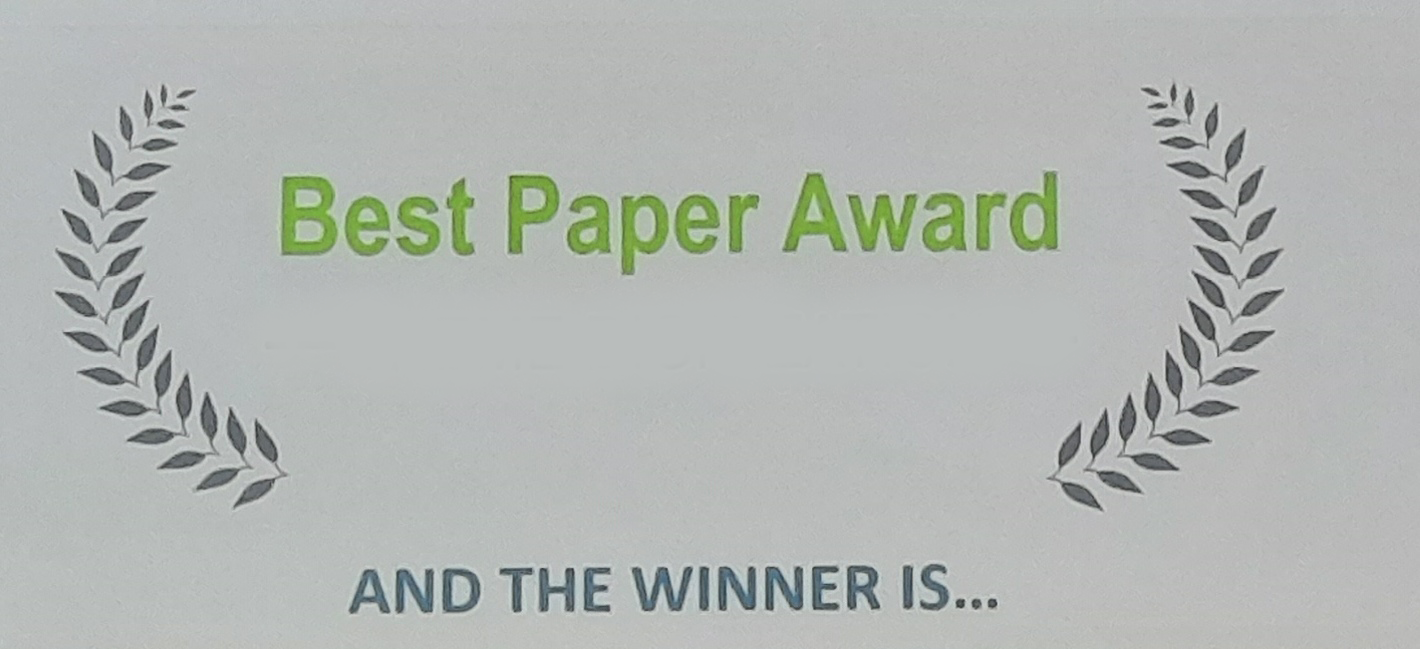Students’ self-reported health and psychosocial status at home before and during COVID-19
DOI:
https://doi.org/10.34641/clima.2022.189Keywords:
Indoor environmental quality, self-reported health, home-related symptoms, students’ home, psychosocial status, COVID-19 pandemicAbstract
During the COVID-19 outbreak, university courses were shifted online and students spent the majority of their time inside their homes. However, staying indoors can affect students’ health due to the exposure to several environmental stressors, such as background noise, and/or inefficient ventilation, and/or insufficient lighting. Previous studies showed that the indoor environmental factors may cause health effects on students (physiological and psychological). Therefore, this research aimed at investigating the differences in students’ health and psychosocial status between before and during COVID-19. An online questionnaire survey was completed by first-year undergraduate university students in March 2019, 2020, and 2021. This questionnaire includes questions about time spent at home, psychosocial status, diseases, and home-related symptoms. The mean number of hours that students spent at home during the weekdays and on weekends were calculated, respectively. Besides, occurrence frequencies of psychosocial statuses were calculated for each year. Furthermore, a statistical analysis, including one-way ANOVA and Chi2, were performed to examine the differences between the three groups in terms of time spent at home, psychosocial statuses, diseases, and home-related symptoms. It is worthwhile to note that students spent significantly more time at home, during the COVID-19 pandemic in March 2021. Another notable result is that students’ mood and emotional states changed significantly over the three years; for example, fewer students reported to be active and inspired in 2021. Moreover, the home-related symptoms, such as headache and tiredness, significantly increased in 2021, compared with the other two years.
Downloads
Published
How to Cite
Conference Proceedings Volume
Section
License
Copyright (c) 2022 Dadi Zhang, Marco A. Ortiz, Philomena M. Bluyssen, Amneh Hamida

This work is licensed under a Creative Commons Attribution 4.0 International License.



